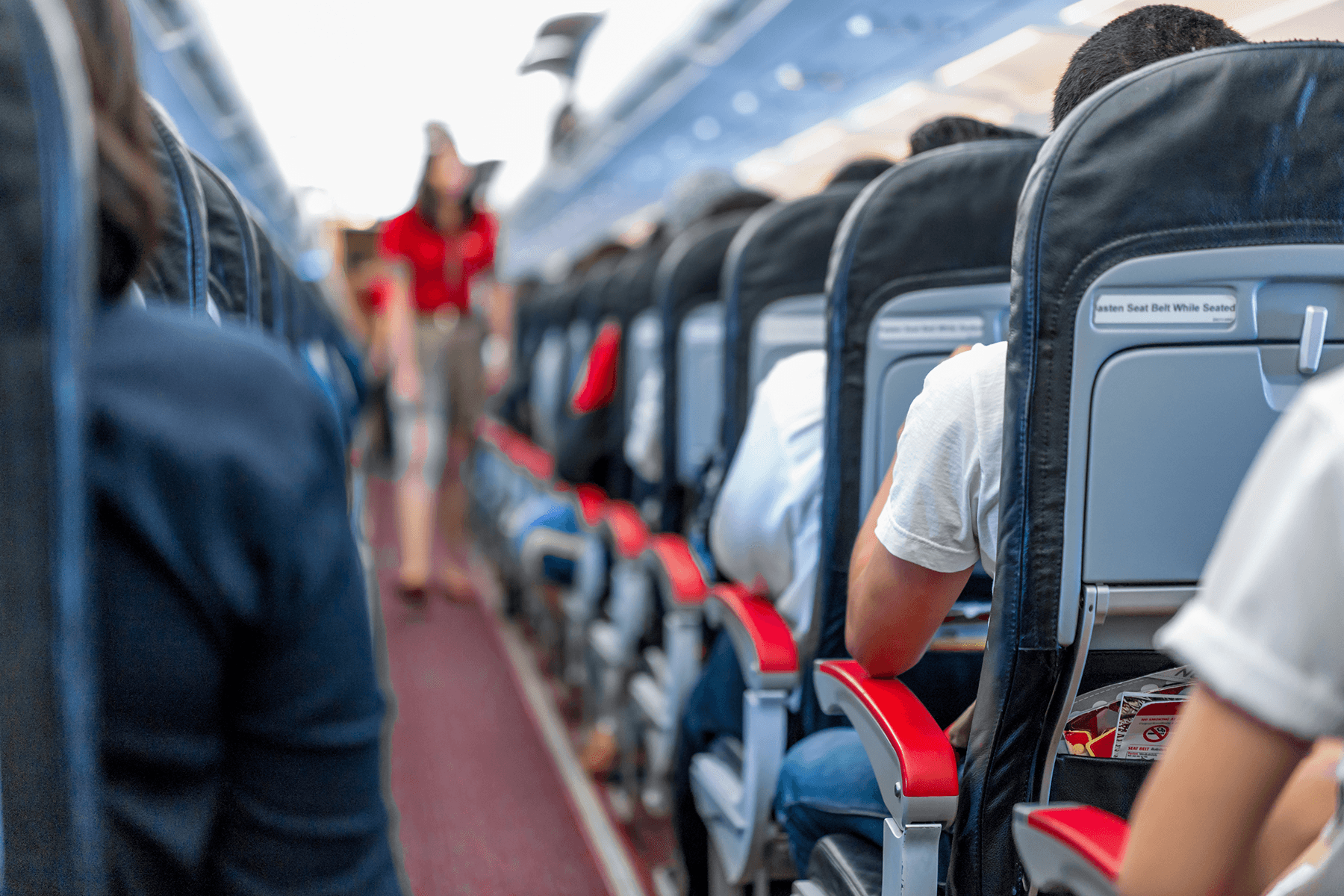$9.6M Verdict Against American Airlines Over In-Flight Stroke Response
A jury awards millions in a case spotlighting airline responsibility during in-flight medical crises, raising questions about duty of care and emergency protocols.
Published on
A California federal jury has awarded $9.6 million to Jesus Plasencia, a passenger who suffered a debilitating stroke during an international American Airlines flight in 2021. The incident occurred during a flight from Miami to Madrid, where airline personnel allegedly failed to follow established protocols for handling medical emergencies. According to court documents, Plasencia experienced a transient ischemic attack (TIA)—a mini stroke—before boarding. Despite this, the flight proceeded as scheduled, and the plaintiff suffered a full stroke mid-air. He did not receive appropriate medical treatment until the plane landed in Spain, by which time the damage was severe and irreversible.
The delay in medical care—estimated to be approximately eight hours—resulted in long-term neurological deficits. Plasencia is now unable to speak beyond single words, cannot walk unassisted, and requires continuous care. His condition has profoundly impacted his independence and quality of life.
The Allegations Against American Airlines
Filed in October 2023, the lawsuit alleged that American Airlines failed to act on clear warning signs prior to takeoff. Flight crew were informed of Plasencia's initial symptoms, yet did not alert medical authorities or stop the flight. Despite being given the option to deplane, Plasencia and his wife, Marcela Tavantzis, remained on board—largely due to his lack of awareness regarding the severity of his symptoms, a known consequence of TIAs.
The couple contended that airline staff had a duty to take stronger action and follow emergency protocols rather than rely solely on passenger discretion. Their legal team argued that the failure to divert the flight or provide timely medical intervention constituted negligence, particularly in light of the airline’s own internal policies for handling in-flight medical situations.
The Trial and Jury Decision
The six-day trial took place in the U.S. District Court for the Northern District of California, concluding with a day of jury deliberation. The jury found American Airlines liable for its handling of the emergency, awarding a total of $13.3 million in damages. However, that amount was reduced to approximately $9.6 million after the jury determined that Plasencia bore 27.5% of the fault for the outcome.
The awarded damages included approximately $7.3 million for past and future medical expenses, and $4 million for pain and suffering. Tavantzis received an additional $2 million for loss of consortium.
Lead trial attorney Darren Nicholson of Burns Charest LLP emphasized the broader implications of the verdict, stating, “This verdict not only was a victory for our clients, but it's a victory for anyone who flies on an international flight. There are standards that airlines simply have to follow, and we need to make sure that they follow them.” His co-counsel, Hannah Crowe, added that the verdict would have a meaningful impact on their clients’ lives, allowing the family to invest in home modifications and transportation to accommodate Plasencia’s condition.
Airline Response and Legal Representation
In response to the decision, American Airlines issued a statement expressing disagreement with the jury’s findings. “The safety and well-being of our passengers is our highest priority,” a company spokesperson said. “While we respect the jury's decision, we disagree with the verdict and are currently evaluating next steps.”
The airline is represented by Condon & Forsyth LLP attorneys Ivy L. Nowinski, David J. Harrington, and William de Wolff. The plaintiffs were represented by Darren Nicholson, Hannah Crowe, and Anna Kate Benedict of Burns Charest LLP, along with Sanjiv Singh of Sanjiv N. Singh APLC.
What’s Next for Airline Medical Liability
This case could have wider implications for airline liability in medical emergencies, especially when symptoms are present before boarding. One of the more complex elements of the trial was persuading jurors to overlook the fact that Plasencia and Tavantzis declined to deplane when offered the opportunity. As Nicholson noted, “They didn’t deplane because Jesse didn’t think there was anything wrong… So the biggest challenge was that at an intuitive level, jurors are going to say, ‘You had the opportunity to get off, and it's on you for staying on the flight.’ I'm glad that the jury heard us all through that and understood the stakes.”
While no punitive damages were issued, the verdict reinforces the legal obligations airlines hold regarding emergency response, particularly on international flights where immediate medical support may be unavailable. The case serves as a warning to commercial carriers about the risks of inconsistent application of safety protocols and could potentially lead to further scrutiny of airline medical training and emergency diversion policies.


